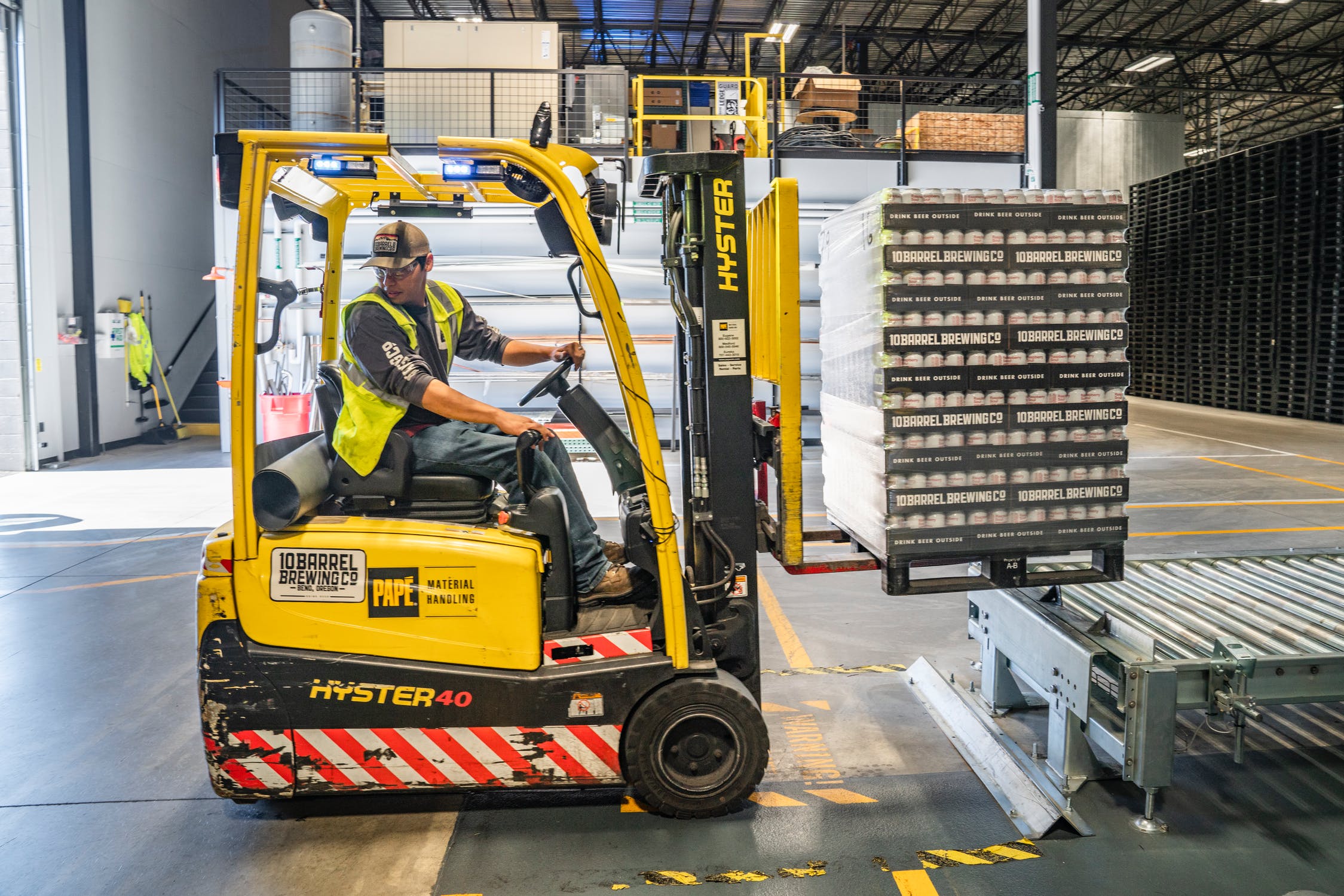BLOG
Guilty until proven innocent? | Why health and safety law puts the onus on employers

We’ve all heard the phrase ‘innocent until proven guilty’. This is the assumption that underpins criminal proceedings in the UK.
Under Article 6 (2) of the Human Rights Act 1988, it is the prosecution’s job to prove, beyond reasonable doubt, that the person on trial is guilty of the offence they stand accused of. Whether you’re accused of fraud, assault or burglary, these cases are all subject to the principle of presumed innocence.
However, in the health and safety world, this legal principle doesn’t apply. Instead, the statutory burden of proof is reversed. Despite being criminal offences, heard in criminal courts, prosecutions of health and safety matters are a criminal law anomaly.
The reverse burden of proof – why health and safety law is different
Section 40 of the Health and Safety at Work etc Act 1974, the UK’s cornerstone health and safety legislation, states:
“In any proceedings for an offence under any of the relevant statutory provisions consisting of a failure to comply with a duty or requirement to do something so far as is practicable or so far as is reasonably practicable, or to use the best practicable means to do something, it shall be for the accused to prove (as the case may be) that it was not practicable or not reasonably practicable to do more than was in fact done to satisfy the duty or requirement, or that there was no better practicable means than was in fact used to satisfy the duty or requirement.”
This is admittedly a bit of a mouthful, but put simply, if a company is charged with a health and safety offence, it falls upon them to prove that they took all “reasonably practicable” precautions to prevent harm occurring or to satisfy the duty or requirement in question. In this regard, it is often said that in criminal health and safety trials – those brought by the HSE or local authority – the defendant is ‘guilty until proven innocent’.
This isn’t exactly true, but it is true that as an employer, the responsibility rests with you to prove you did all you could to prevent an accident, rather than with the prosecution to convince the court that you failed in your duty.
Related Content
Do you need support?
Speak to us for an honest, no obligation chat on:
0345 226 8393 Lines are open 9am – 5pm
Is this fair?
While it might seem like an unjustly difficult hurdle for defendant employers to overcome, there is some logic to this approach. After all, if you did all that was reasonably practicable to prevent a serious safety incident from occurring then, arguably, it should not have occurred.
That’s not to say that you can always prevent accidents occurring from employees’ own bad judgement or dangerous risk-taking behaviour, though again, it would be down to you as the employer to evidence that you had provided training and made them well aware of the risks. As long as you can satisfy that test – that you did everything that could reasonably be expected of you to prevent such an incident – then you will not be liable.
However, the statutory defence of “reasonable practicability” can be tricky for employers to prove, as the effort or cost involved in implementing safety measures must substantially outweigh the quantum of risk involved.
Therefore, though it’s not impossible to successfully defend your position in a health and safety court, it is certainly an up-hill battle. Additionally, as of March 2015, Magistrates have the power to issue unlimited fines, and six-figure penalties are now commonplace, increasing the risk to employers.

Davies v Health and Safety Executive
Unsurprisingly, companies have tried to challenge the lawfulness of Section 40 and the concept of ‘guilty until proven innocent’, arguing that it conflicts with the principle of presumed innocence under the Human Rights Act.
Following a number of conflicting decisions at Crown Court level, the case of Davies v Health and Safety Executive in 2002 has effectively settled the debate, with the Court of Appeal concluding that the legal burden of proof was not only justified but also necessary and proportionate.
This particular case involved a subcontractor who was fatally crushed between a truck and a reversing JCB driven by another employee. The defendant employer, Mr Davies, argued that he had done all that was reasonably practicable to avoid the incident. The trial judge, however, held that it was on him to prove it wasn’t reasonably practicable for him to have done more. He was convicted and fined.
Mr Davies appealed the decision. Ultimately, the Court of Appeal ruled that if the prosecution (the HSE) can show that exposure to a risk existed, i.e. that it was reasonably foreseeable, then the burden of proof shifts to the defence and it is for you to prove that you have acted in a reasonably practicable manner to manage the risk.
Where does this leave employers?
Unfortunately, this doesn’t do much for the perception of health and safety as doom and gloom – but with the right support, a proactive approach to health and safety can not only help your organisation to avoid the costly consequences of non-compliance but also realise many tangible benefits: increasing employee engagement, reducing the cost and disruption caused by employee absences, opening doors to new business opportunities and affirming your reputation as a responsible employer.
But given what’s at stake, it’s pertinent to ask yourself: if there was to be an accident in your workplace, could you say that you did all you could to prevent it? What evidence do you have of the steps you have taken? Could you conceivably do more? (With regards to the latter, understanding the concept of “reasonable practicability” and the hierarchy of controls will help you to determine whether you have done enough).
If the answer to any of these questions is ‘yes’, defending legal action would be difficult, so now is the time to strengthen your arrangements and, to be on the safe side, consider seeking specialist support.
A Smith Gt. Bentley Ltd
Proactively protect your organisation
Given the potentially devastating consequences, both for the individual and the employer, health and safety is an area that organisations can’t afford to ignore.
At Ellis Whittam, we help employers to take a proactive approach to risk management through on-site audits and dedicated consultant support. And with our market-leading software, you can assign responsibility for actions, monitor your compliance status in real time, and provide paperless evidence of the steps you have taken to keep people safe, thereby reducing risk and strengthening your position should the worst happen.
If you would like to know more about how our fixed-fee support can offer peace of mind for your organisation, call 0345 226 8393 or request your free consultation using the button below.



